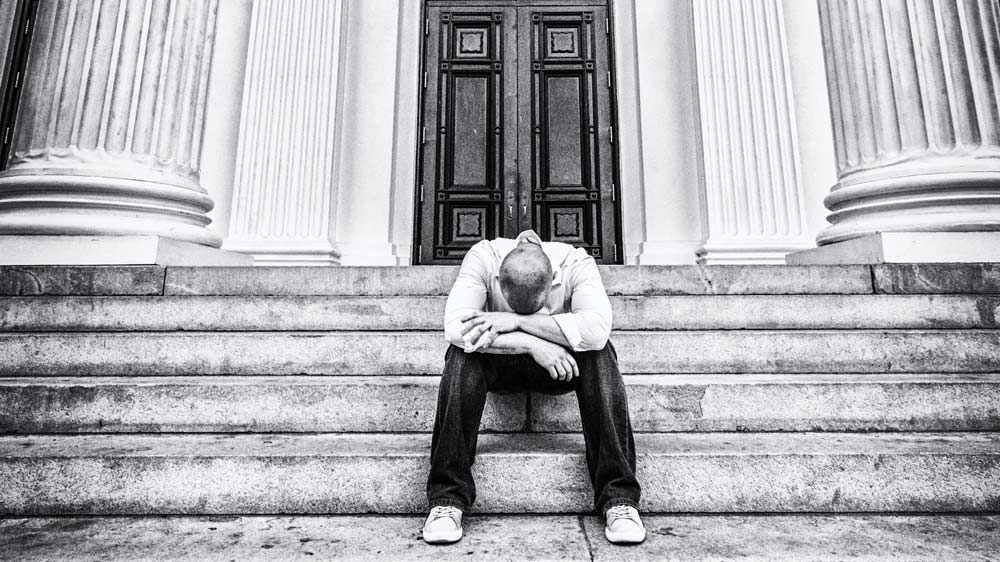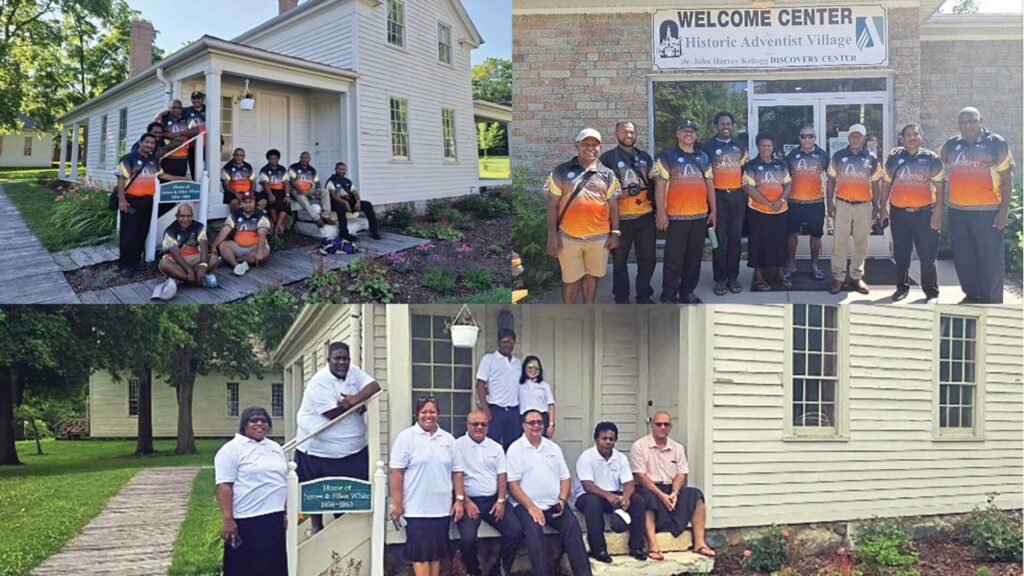What does Colgate lasagne have in common with the Seventh-day Adventist Church? A lot more than you might think and it’s all thanks to a Swedish organisational psychologist named Samuel West.
Dr West recently added “museum curator” to his already impressive list of credentials. But the title came with an odd twist. While there are already more than 55,000 museums around the world, each showcasing a variety of unique and beautiful objects, Dr West wasn’t interested. What captured his attention was the unconventional. The disappointments. The catastrophes, the let-downs and the flops. And thus, the Museum of Failure was born.
Opening in the Swedish coastal city of Helsingborg on June 7, the unique museum will display more than 60 products that really shouldn’t have left the drawing board. Harley Davidson perfume. Bic “For Her” pens. And Colgate beef lasagne—yes, lasagne baked by the same people who make things designed to be spat out of your mouth. [pullquote]
But while the idea is amusing and somewhat trivial, Dr West’s museum is actually enormously important. What he is aiming to do is change society’s perception of failures, encouraging us to be better at learning from them. It’s a beautiful lesson for all of us, especially as a Church.
Too often, our churches are too much like conventional museums—places where shortcomings are shunned, and “perfect” Adventists are on show. Too often we eschew those who aren’t as quick to grasp doctrinal concepts, our health message or our dress standards. Too often we don’t share our faults, afraid that those both within our walls and outside will judge.
But church isn’t for displaying perfect objects. Church is for failures. For we’ve all sinned and fallen short of God’s grace1—doesn’t that make us failures? Without failures, we can never have innovation. Without innovation, we will never grow. And if we don’t grow, we are at risk of becoming a Church that is exactly like a museum—full of inanimate objects that are perfectly preserved, but lacking life.
Dr West recently introduced some of the exhibits from the Museum of Failure during a Scandinavian talk show. But the lesson, he said, was much more important than the objects.
“Learning is the only way to turn failure into success,” he said. “If you are afraid of failure, then you cannot innovate.”
If our Church wants perfect people, then we should become a museum. But instead, let’s challenge ourselves to be a Church of Failure—a moving, breathing, living array of people who recognise their shortcomings, accept God’s grace and work together to disciple other failures.
Let’s embrace the concept of failure—not because we condone it, but because it means we can learn, we can grow and we can become stronger together. How? “’. . .My grace is sufficient for you, for my power is made perfect in weakness.’ Therefore I will boast all the more gladly about my weaknesses, so that Christ’s power may rest on me.”2






